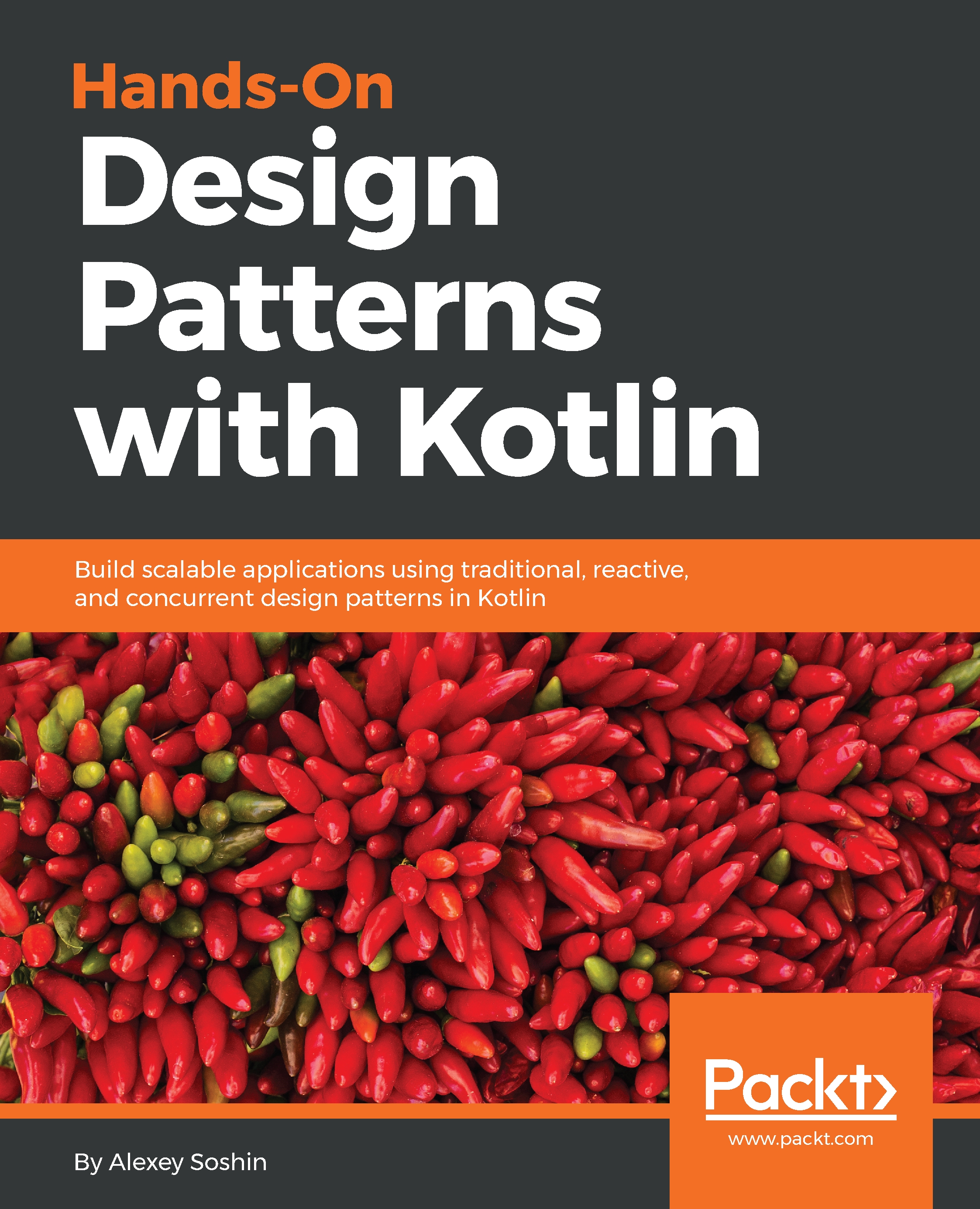One of the most well known higher-order functions on collections is map().
Let's say you have a function that receives a list of strings and returns a new list of the same size containing each string concatenated to itself:
val letters = listOf("a", "b", "c", "d")
println(repeatAll(letters)) // [aa, bb, cc, dd]
The task is quite trivial:
fun repeatAll(letters: List<String>): MutableList<String> {
val repeatedLetters = mutableListOf<String>()
for (l in letters) {
repeatedLetters.add(l + l)
}
return repeatedLetters
}
But for such a trivial task, we had to write quite a lot of code. What would we have to change in order to capitalize each string instead of repeating it twice? We would like to change only this line:
repeatedLetters.add(l + l) ----> repeatedLetters.add(l.toUpperCase...


